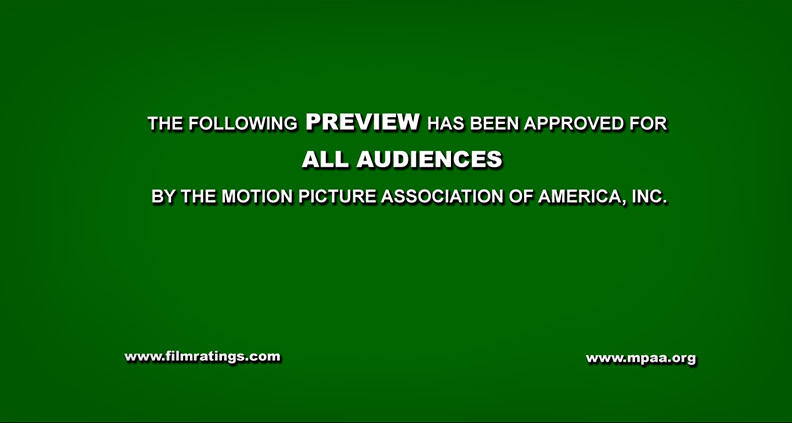At their worst, modern film trailers all but negate the need to actually see the movies themselves. I most recently encountered (and was annoyed by) this phenomenon watching the trailer for Stephen Frears’ Florence Foster Jenkins. I don’t have any particular bone to pick with FFJ itself. On the contrary, it seems like a perfectly pleasant, feel-good period piece based on the “incredible true story” of the titular heiress: an aspiring though little-talented opera grand dame played by Meryl Streep who, in late middle age during the 1940s, secures a much-publicized concert slot at Carnegie Hall. More or less the WWII-era equivalent of William Hung, Florence wrenches her songbird dreams into reality by sheer force of will, becoming a momentary viral sensation despite—or perhaps because of—an almost total lack of self-awareness.
What I just did in the previous paragraph was recount, in the broadest possible strokes, the complete narrative arc of Florence Foster Jenkins as suggested by its relentlessly linear movie trailer. I haven’t actually seen FFJ, and my only exposure to the film prior to writing this piece has been via fleeting podcast mentions and a cursory, two-minute glance at Wikipedia. Everything else I know about the movie comes solely from the film’s trailer, which isn’t a commercial so much as it is a two-and-a-half minute micro-cut of the entire film. Of course there’s only so far I can go in criticizing the overly literal marketing of a movie I haven’t actually seen. For all I know the film may take an unexpectedly dark second-act turn, as Florence tries to cover up the bloody murder of an Atlantic City showgirl. Or maybe Streep starts chainsawing through zombies, or joins the Jamaican bobsled team. I guess until I actually see the movie, all of these developments are theoretically possible (call it Schrödinger’s plot contrivance). But somehow, I doubt it. The likeliest scenario is that the trailer mirrors the beats of Frears’ film with rigid fidelity—beats that will be familiar to anyone who’s ever read one or more screenwriting books, right down to the second-act crisis of faith and the inevitable third-act triumph. Watching this trailer is like wandering into Trader Joe’s in search of free mango salsa samples and walking out with an entire taco bar tucked under your arm. Obviously, the goals of marketing are not the same as the goals of art. And trailers are most definitely marketing. Moreover, academic studies have shown that most mainstream moviegoers actually prefer to know a film’s plot before investing the time and money into actually seeing it. I don’t pretend to fully understand this mindset, but it probably has something to do with the dichotomy between civilians who depend on movies for pure entertainment versus those of us interested in seeing cinema pushed forward as an art form. A “normal” moviegoer appreciates an implicit guarantee that a film will be similarly satisfying to other films they’ve enjoyed in the past while geeks like me (and you, probably) have the luxury of desiring the unexpected. And for us, overly linear and expository trailers like the one for Florence Foster Jenkins erase that promise of surprise. Just to be clear: my critique here is creative, not commercial. I’m sure from a pure butts-in-seats metric, these sorts of trailers are doing exactly what they’re supposed to. But my own personal favorite kind of movie trailer is one that tells the tone of the movie, not the story. I want to know what a movie will look like and sound like, and I want to know how a movie will make me feel when I watch it—I can wait until I’ve bought my ticket to know what the story is. https://www.youtube.com/watch?v=7iggyFPls4w My favorite example of this kind of atmosphere-driven trailer is undoubtedly the one for the Coen Bros.’ 2009 black comedy A Serious Man, an escalating, repetitively rhythmic nightmare of compounding humiliation and sickly unease that makes my heart quicken with anxiety every time I see it. The trailer doesn’t offer up much in the way of plot, but it does compel you to want to know more. So the next time the lights dim and that green “approved for all audiences” title card appears, pay attention to how much mystery the trailer leaves on the table. You may just save yourself the cost of one Florence Foster Jenkins matinee, which, can be reallocated for additional Sour Patch Kids at a future date. To learn more about Film Independent, subscribe to our YouTube channel or follow us on Twitter and Facebook. To learn how to become a Member of Film Independent, just click here.
